-
 Zhengzhou Huachuang Precipitated Barium Sulfate 3000 Mesh
Zhengzhou Huachuang Precipitated Barium Sulfate 3000 Mesh -
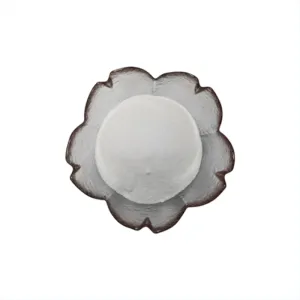 Vitamin B6 Food Grade
Vitamin B6 Food Grade -
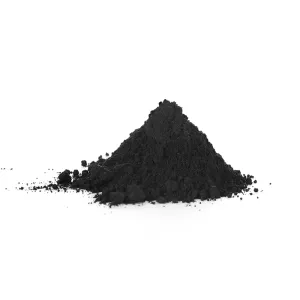 Carbon Black N660
Carbon Black N660 -
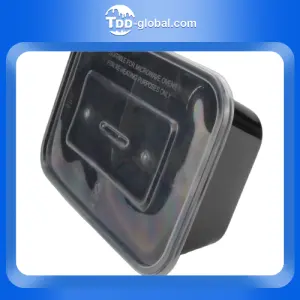 Best price china manufacture quality lunch box plastic containers 700ml disposable plastic rectangular food box
Best price china manufacture quality lunch box plastic containers 700ml disposable plastic rectangular food box -
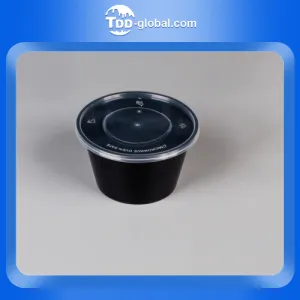 Y800 27oz disposable plastic 800ml bowl food container take off plastic food box
Y800 27oz disposable plastic 800ml bowl food container take off plastic food box -
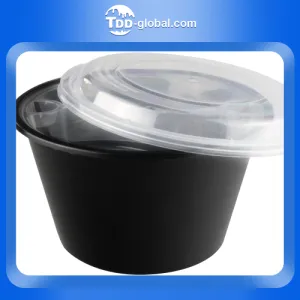 Y1500 disposable plastic 1500ml bowl food container
Y1500 disposable plastic 1500ml bowl food container -
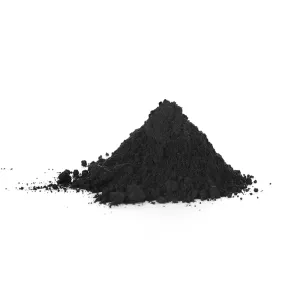 Carbon Black N326
Carbon Black N326
Q
who makes rivian vehicles
I'm a seasoned industrial engineer with a keen interest in machine learning. Here to share insights on latest industry trends.
Yes, the Ford V6 EcoBoost engine is known for being a good engine. It specifically balances power output, fuel economy, and emissions and provides good driving dynamics. The EcoBoost engine is also quite durable and reliable. However, like any other mechanical parts, it requires proper and regular maintenance to keep operating optimally.
An industrial tech aficionado, I delve into topics like robotics, AI in manufacturing & more. Join me as we explore the future of the industrial world together.
Vehicles with multi-purpose missions or vehicles with multi-purpose terrains
You May Like
Polypropylene (PP) is a thermoplastic polymer used extensively in various applications due to its unique properties. Known for its resilience to chemical and physical stresses, PP is lightweight, resistant to fatigue, and has a high melting point, making it ideal for use in packaging, textiles (like ropes, thermal underwear, and carpets), automotive components, and reusable containers. Its versatility is further enhanced by its ability to be modified or copolymerized, which allows for a wide range of mechanical and thermal properties. Polypropylene is also appreciated for its sustainability aspect, as it is recyclable, contributing to reduced plastic waste and promoting circular economy practices in the plastics industry.
Low-Density Polyethylene (LDPE) was discovered in 1933 by two English chemists, Reginald Gibson and Eric Fawcett, while working at the Imperial Chemical Industries (ICI) research laboratory. The discovery was somewhat accidental; they were applying high pressure to a mixture of ethylene gas and benzaldehyde, aiming to produce a different compound, when they noticed the formation of a waxy material, which was later identified as LDPE. This breakthrough led to the development of commercial processes to produce LDPE, which became widely used for its flexibility, toughness, and chemical resistance. LDPE revolutionized the packaging industry, among other applications, providing a versatile and inexpensive material for films, containers, and other products.
You May Like
Q&A
- •does fiber help reduce cholesterol
- •atactic polypropylene meaning
- •low fiber symptoms
- •What are titanium protons, neutrons and electrons?
- •are pvc normal
Popular Information









